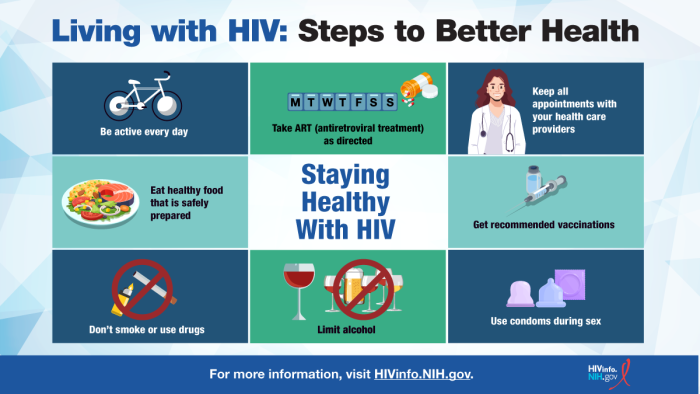Understanding Life with HIV or an STI
Living with HIV or an STI can bring about significant changes in various aspects of life. Understanding these impacts is crucial for managing the condition effectively and maintaining a good quality of life. From emotional and mental health challenges to physical health management, social relationships, and necessary lifestyle adjustments, individuals can navigate these changes with the right support and resources. Here, we highlight four key impacts of living with HIV or an STI and offer insights into available support mechanisms.

Impact
How does it affect you?
Emotional and Mental Health
An HIV or STI diagnosis can significantly affect mental health, leading to stress, anxiety, depression, and stigma-related challenges.
Physical Health
Regular medical care and treatment adherence are essential to manage the infection and prevent complications. For HIV, antiretroviral therapy (ART) is vital.
Social Relationships
Disclosure of status and navigating relationships can be challenging. Fear of stigma and discrimination may affect social interactions and relationships.
Lifestyle Adjustments
Individuals may need to make lifestyle changes to manage their health, such as adhering to treatment regimens, adopting a healthy lifestyle, and avoiding risky behaviors.

General FAQ
Receiving an HIV or STI diagnosis can be overwhelming. It’s important to seek support from mental health professionals, join support groups, and talk to trusted friends or family members.
Regular medical check-ups, adhering to prescribed treatments, and maintaining a healthy lifestyle are crucial. For HIV, antiretroviral therapy (ART) is essential for managing the virus.
Communicate openly with partners about your status and practice safe sex. Using condoms and taking medications as prescribed can reduce the risk of transmission.
Educate yourself and others about HIV and STIs to combat misinformation. Surround yourself with supportive people and consider joining advocacy groups.
Yes, many people living with HIV or an STI have fulfilling relationships and families. With proper medical care and precautions, the risk of transmission to partners and children can be significantly reduced.
Healthcare providers, local support groups, online communities, and advocacy organizations are valuable resources for information, emotional support, and practical advice.
